Age Restrictions and the Demand for Fake IDs
Age Restrictions and the Demand for Fake IDs
1. Background of Age Restrictions
Age restrictions are legal provisions designed to maintain social order and protect individual health. These restrictions are established in various legal frameworks and cover areas such as drinking alcohol, smoking, gambling, and entering specific venues. These limits aim to ensure that individuals engage in these activities only when they are considered mature enough to handle them responsibly.
Drinking Age Restrictions: Many countries have set the legal drinking age at 18 or 21. This restriction ensures that individuals only start drinking alcohol when they have reached a level of maturity where they can manage the potential effects of alcohol. The goal is to reduce the impact of alcohol on young people's physical and mental development. For example, obtaining a "South Carolina scannable ID" or a "Minnesota scannable ID" might be a way some individuals try to circumvent these restrictions.
Smoking Age Restrictions: Smoking is generally restricted to individuals aged 18 and above. This regulation aims to prevent teenagers from starting to smoke, thus protecting their health. Limiting smoking to adults helps promote healthier lifestyle choices and reduces the likelihood of early exposure to tobacco-related health risks. Some might use a "Michigan fake ID" to bypass these age limits.
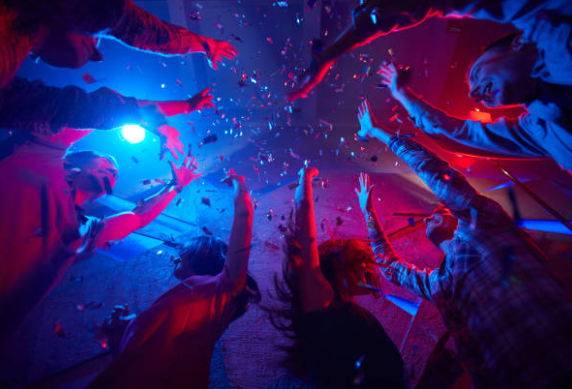
Gambling Age Restrictions: The legal age for gambling is typically set at 18 or 21 in many places. This limit is intended to ensure that individuals have the psychological maturity required to participate in gambling activities responsibly. It helps to ensure that gambling is engaged in only by those who can handle the potential financial and emotional consequences. Those seeking to participate earlier might attempt to use an "Alabama fake ID" to gain access.
Adult Venues: Venues such as nightclubs and bars usually have age restrictions to ensure that the activities offered are suitable for adults. Setting these limits helps prevent minors from accessing inappropriate content and maintains a social environment that is appropriate for adults. The use of fake IDs from various states, including "South Carolina" or "Minnesota," often reflects an attempt to bypass these age-related restrictions.
2. Motivations for Using Fake IDs
Despite the intentions behind age restrictions, the use of fake IDs indicates that some people seek to bypass these limits. The main motivations include:
Social and Cultural Needs: Many young people desire to participate in adult social activities or experience adult life. Fake IDs provide a means for them to integrate into adult social circles. For instance, they may use fake IDs to gain entry into bars or nightclubs, thus experiencing a broader range of social activities and meeting new people.
Economic Benefits: Fake IDs can also be used to access economic benefits. Many businesses and service providers offer discounts or special promotions for students, seniors, and other groups. Fake IDs can help individuals who do not meet these criteria to enjoy such benefits, saving money on purchases or services.
Curiosity and Adventurous Spirit: For many young people, certain restricted activities are highly attractive. They may use fake IDs to explore these activities and satisfy their curiosity. This adventurous spirit drives them to experience new things and gain a broader understanding of different aspects of life.
Temporary Needs: In some situations, individuals might use fake IDs to address temporary limitations. For instance, while traveling or in specific
situations, a fake ID can help them navigate temporary restrictions and achieve their goals more conveniently.
3. The Role of Fake IDs
The use of fake IDs can address short-term needs and has several functions:
1. Social Interaction and Integration
Expansion of Social Circles: Fake IDs enable young people to participate in adult social activities, such as entering bars and nightclubs. This participation helps them build social networks and enhance their social skills. By engaging in these activities, individuals can interact with a diverse range of people and broaden their social circles.
Cultural Experiences: Fake IDs can help individuals access cultural events that typically have age restrictions, such as certain performances, concerts, or art exhibitions. This access allows young people to gain diverse cultural experiences and expand their horizons.
2. Economic Benefits and Consumer Behavior
Economic Savings: Fake IDs can be used to access discounts and promotions that individuals would otherwise not qualify for. This economic benefit allows them to save money and enjoy greater flexibility in their purchases. For example, discounts for students or seniors can be accessed through fake IDs, helping consumers reduce their expenses.
Market Adjustments: The use of fake IDs may prompt businesses to adjust their pricing and discount strategies. Businesses might become aware that some consumers are exploiting discounts through fake IDs and may revise their promotional policies to maintain market fairness and protect economic interests.
3. Personal Growth and Exploration
Self-Understanding: Using a fake ID allows young people to experiment with new social roles and activities. This experimentation can help them better understand adult lifestyles, enhancing self-awareness and personal growth. Such exploration contributes to their development as they navigate their interests and goals.
Responsibility Development: In some cases, using a fake ID might lead individuals to become more aware of and take on corresponding responsibilities. Engaging in adult
activities can make them more conscious of the responsibilities and consequences associated with these activities, fostering a sense of responsibility and maturity.
4. Cultural and Social Adaptation
Social Integration: Fake IDs help individuals integrate better into social and cultural environments. In some social activities, age restrictions can be a barrier to integration. By using a fake ID, individuals can more easily participate in these activities and reduce the gap between themselves and mainstream culture.
Cultural Adaptability: In multicultural societies, the use of fake IDs can reflect an individual’s ability to adapt to different cultures and social activities. By participating in diverse activities, they can better understand and adapt to societal diversity, enhancing their cross-cultural communication skills.
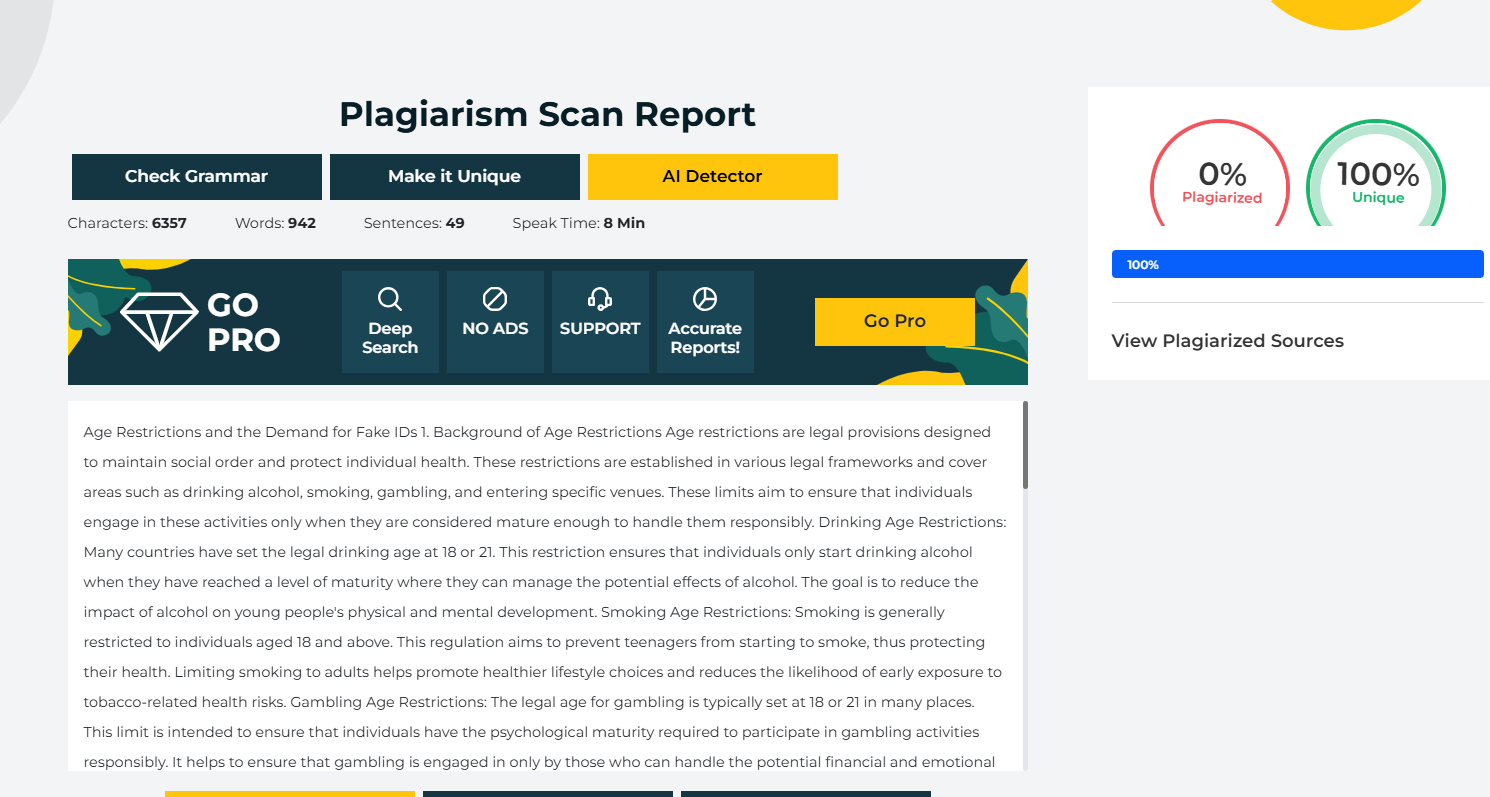
Conclusion
Age restrictions are designed to protect individual and societal health and safety, while the demand for fake IDs reflects various motivations to bypass these limits. From social integration and economic benefits to curiosity and convenience, fake IDs offer short-term solutions to various needs.
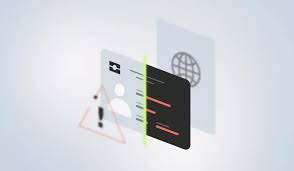 scannable Fake Nevada DL
scannable Fake Nevada DL
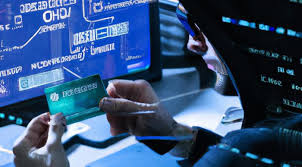 scannable Fake Michigan DL
scannable Fake Michigan DL
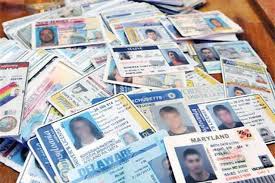 scannable Fake Illinois DL
scannable Fake Illinois DL
 scannable Fake Kansas DL
scannable Fake Kansas DL